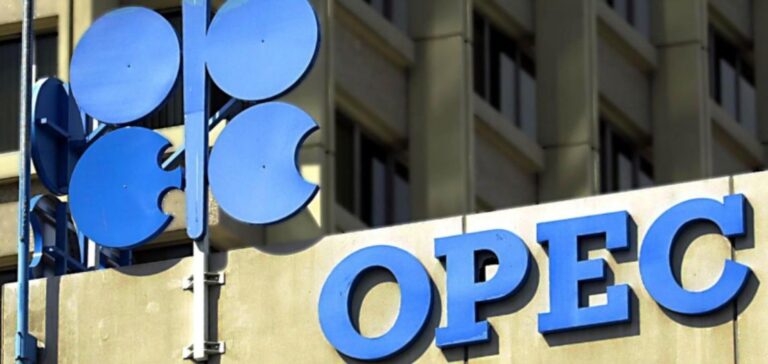The latestOPEC+ data show a slight rise in production in March, despite Saudi Arabia’s efforts to ensure strict compliance. The results of S&P Global’s survey point to a potentially unstable market situation.
Production context and compliance
In March, OPEC+ produced 41.25 million barrels per day, up 40,000 barrels per day on February. This figure includes an increase of 80,000 b/d for OPEC to 26.66 million b/d, offset by a decrease of 40,000 b/d by its allies. This period marked the third month of voluntary production cuts aimed at reducing supply by 700,000 b/d in the first quarter of 2024.
Exceedances and compliance efforts
Several countries, notably Iraq and Kazakhstan, have exceeded their production targets. OPEC+ recorded production of 165,000 b/d above quota in March, with a compliance rate of 97.9%. In particular, Iraq, the United Arab Emirates and Gabon exceeded their quotas, with surpluses of 280,000 b/d, 40,000 b/d and 50,000 b/d respectively.
Economic projections and impacts
Oil prices climbed, with Dated Brent valued at $92.20/b on April 8, up from $87.50/b on March 1. This increase comes ahead of the announced extension of voluntary cuts, signalling stronger-than-expected demand that could boost production beyond OPEC+. S&P Global forecasts growing supply from non-OPEC+ countries such as the United States, Canada and Guyana, with demand growth slowing in late 2024 and early 2025.
Future challenges and OPEC+ strategies
Faced with rising non-OPEC production and geopolitical risks in Europe and the Middle East, OPEC+ plans to maintain its aggressive cuts until mid-2024. The next OPEC+ meetings on June 1 could adjust quotas based on current capacities, which could generate new tensions.
The current OPEC+ panorama reveals the challenges of compliance and strategy in the face of an evolving global energy market. Future decisions and quota adjustments will be crucial to stabilizing world oil markets.





















